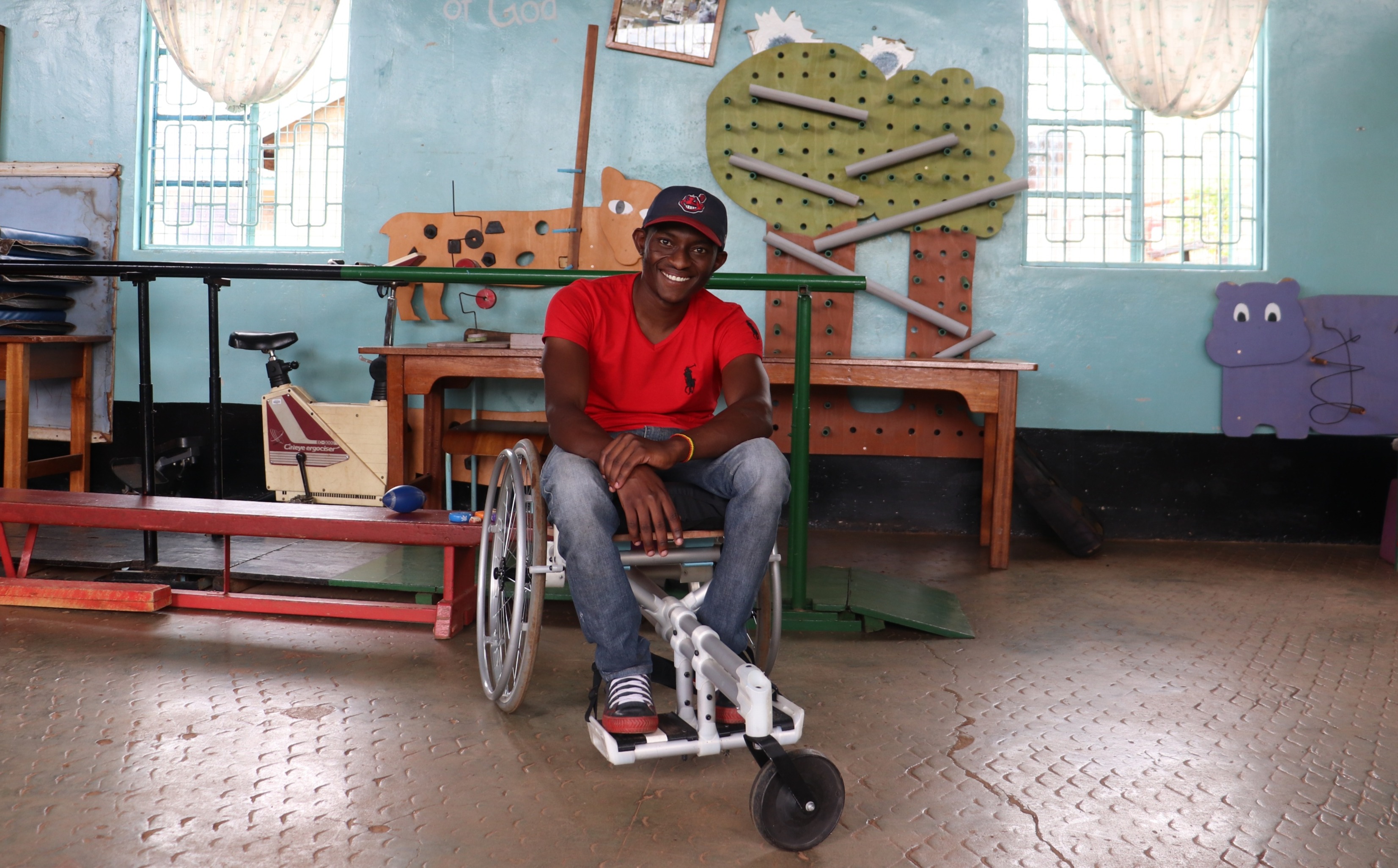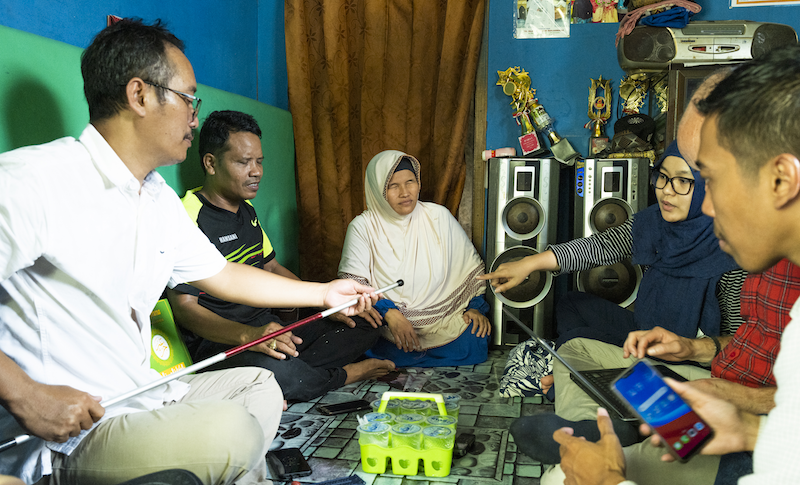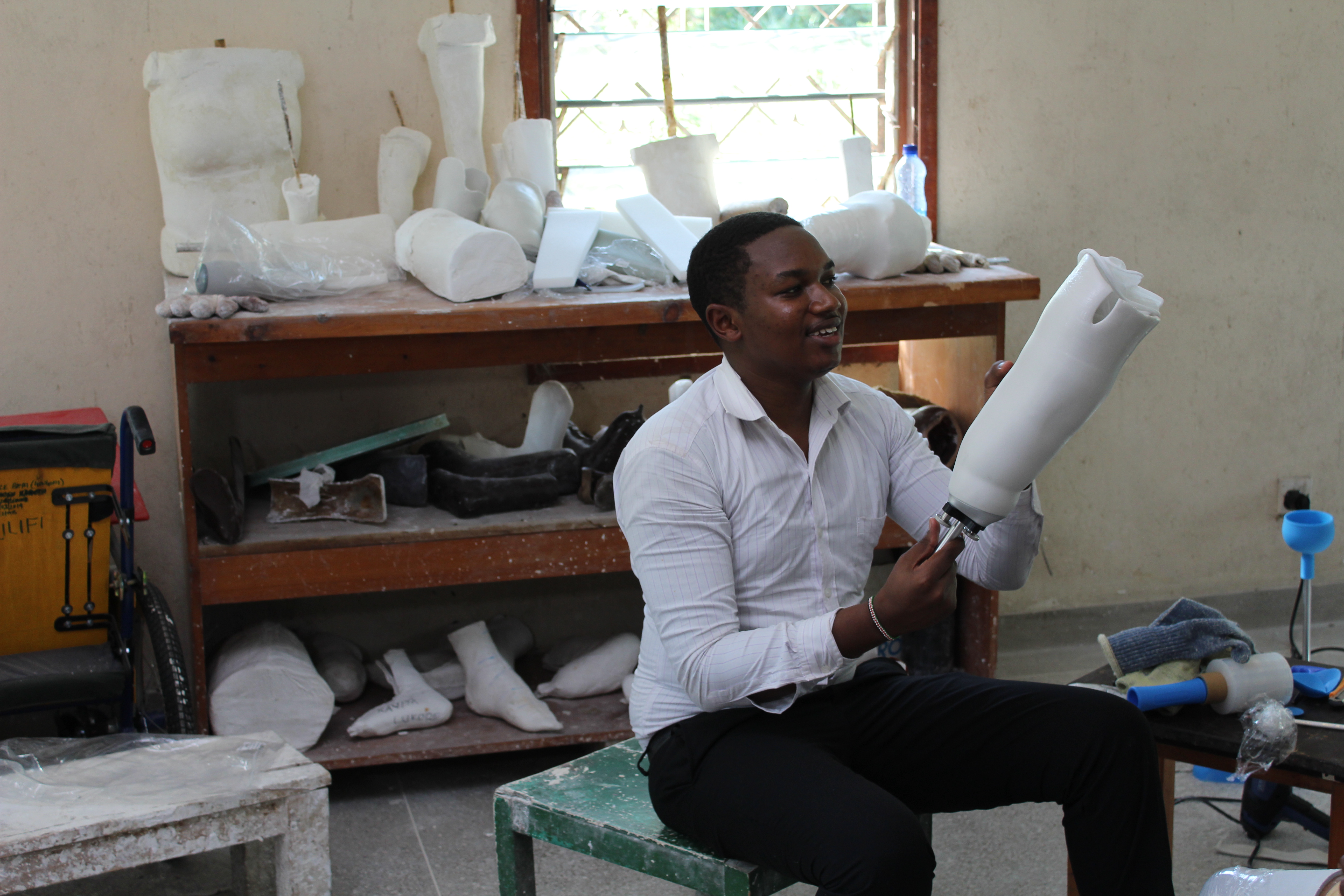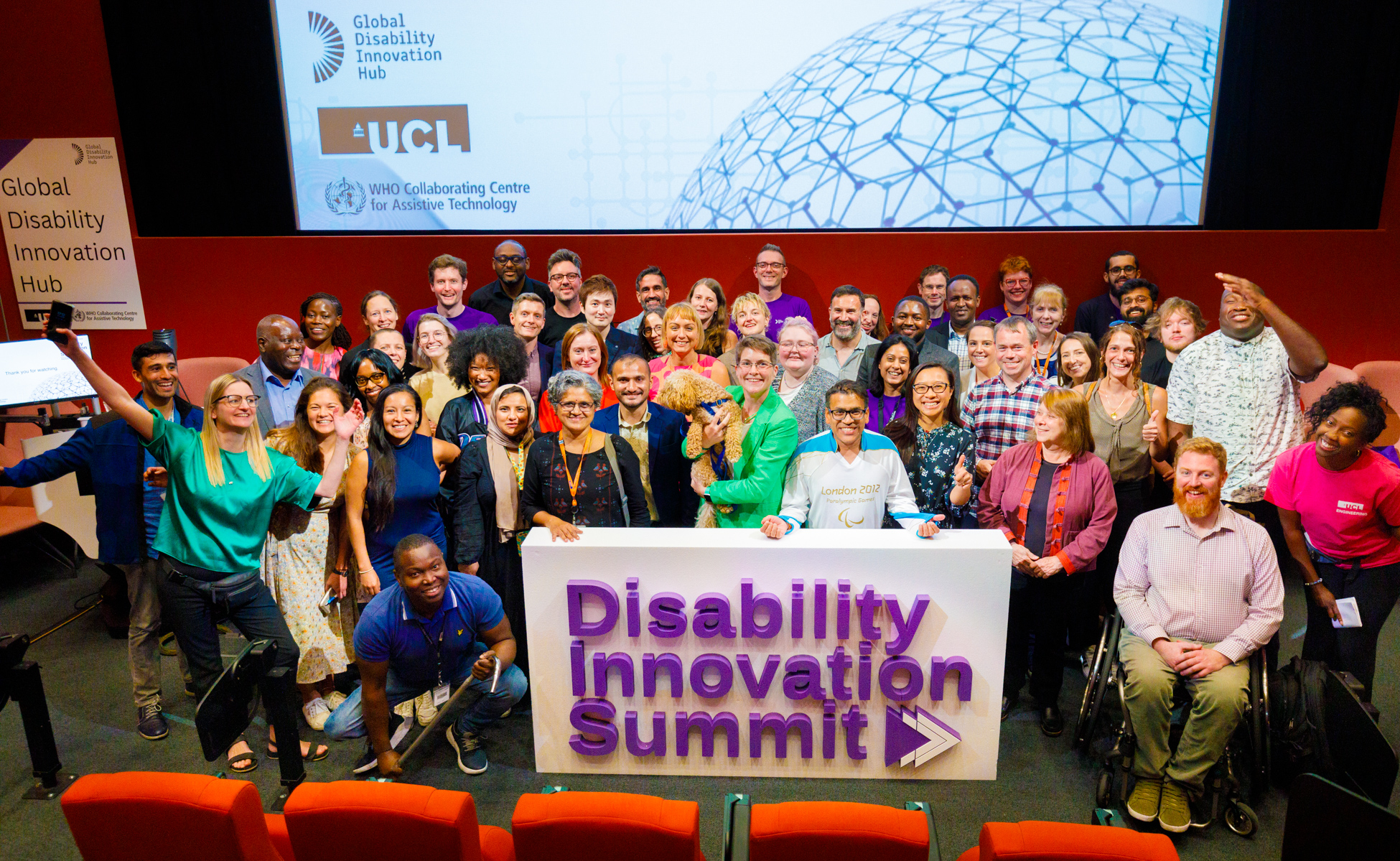Assistive Technology (AT)

It is estimated that by 2050 - two billion people would benefit from AT - yet 90% will not have access. A lack AT access results in children rejected from education, adults excluded from work and family life, and older people prohibited from participating in their communities.
AT2030 programme
The UK Aid-funded AT2030 programme tests ‘what works’ to improve access to life-changing Assistive Technology (AT) for all. Operational in 40+ countries and working with more than 70 global delivery partners, AT2030 has reached 64 million people to date.
AT2030 creates deep community leadership and engagement to generate new evidence & insights, answering critical research questions and developing foundational methodologies to address intersectional challenges and research and evidence gaps. From incubating future tech inspired solutions to venture acceleration, AT2030 brings effective solutions to market - testing new mechanisms and ambitious scaling parthways - while strengthen systems to make inclusion a reality.
AT2030 global impact
AT2030 embeds disability innovation into national policy landscapes, stimulating demand, activating country pilots and creating enabling markets environment in Low-and Middle- Income Countries.

Why AT?
WHO estimates that over a billion people in the world right now need AT, yet 90% are without it.
AT is essential to many disabled and older people – to learn, to work and to fully participate in their families and communities - it enables vital inclusion and independence.
Video courtesy of WHO-GATE
AT market failure
From traditional assistive products (wheelchairs, hearing aids, walking sticks), to digital solutions (app to navigate, speech to text), our research shows that AT is too expensive in low and middle income countries, and often unavailable due to market failure.
Without national and local services to ensure the right products reach the right people at the right time, those desperately in need of AT (including low-cost items like eyeglasses or walking sticks) frequently receive the wrong items or none at all.
Long-term implications
A lack of access results in serious long-term health problems, causing children to be left out of education and adults to be excluded from earning livelihoods. Women in particularly (but not exclusively) are unable to lead independent lives.
AT provision failure
The lack of AT for the poorest people compounds poverty in complex and multi-faceted ways, impacting the effectiveness of development initiatives. Mainstream and disability-inclusive development programmes have largely failed to address AT provision in a systematic and sustainable ways.
Increasing AT access is necessary for the delivery of the Sustainable Development Goals (SDGs) and to keep the promises made in the Convention on the Rights of Persons with Disabilities (CRPD), to protect the human rights of disabled people.

Credits: Angus Stewart

